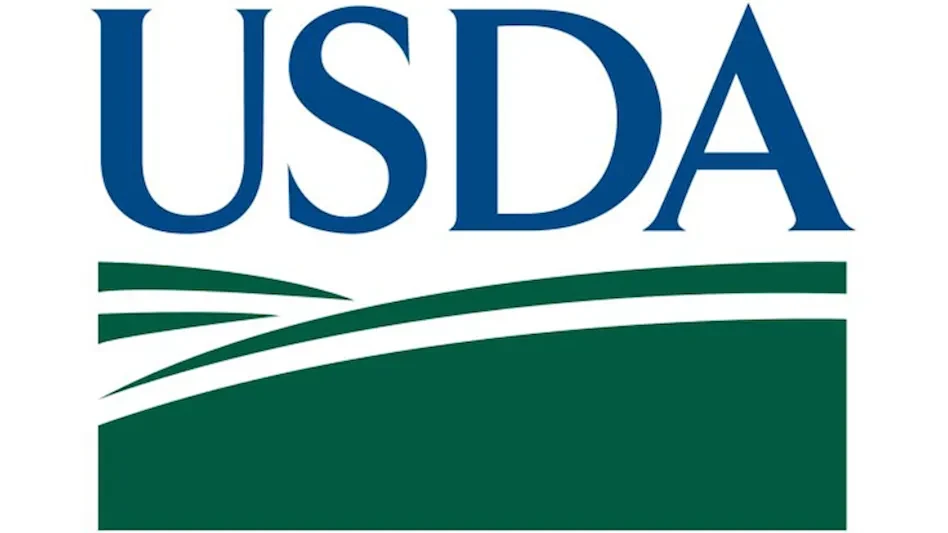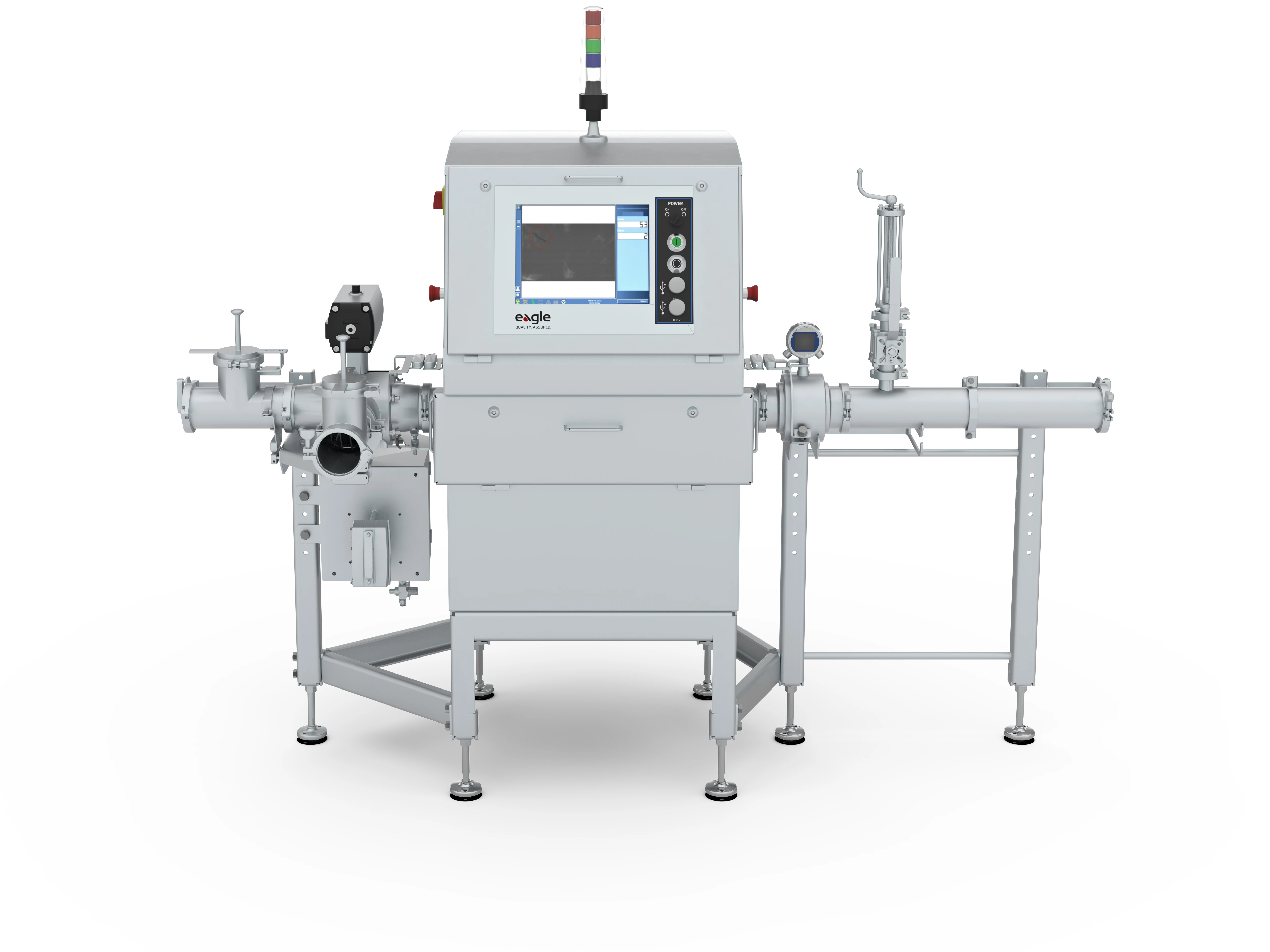When I started writing this column, QA was, and continues to be, instrumental in filling a gap in our industry; a magazine of pertinent, quick-to-read, timely, and ready-to-use information for busy quality assurance and food safety professionals.
Thinking about the last 10 years and looking ahead the next few, I see a disturbing trend: that of not using proven basics in quality assurance and food safety. QA professionals have an important job—meeting requirements and assuring customer satisfaction while protecting profitability. But the QA manager’s responsibilities continue to expand, but with confusing priorities and fracturing and diluting of the traditional role with numerous non-quality responsibilities. The QA manager should be the one who assures quality by getting “things” done through people. Two important “things” are:
- Objectively affirming or confirming a product or service; assuring products satisfy a fixed measurable set of clearly defined standards.
- Subjectively assuring needs of the customer are met, measuring customer expectations, evaluating concerns or complaints.
Improve Efficiencies. However, it seems that there are not enough people through whom to get things done. It is becoming more important to be efficient with our time. Here are three ideas to help improve time efficiency.
- Establish a QA system, defined as “regularly interacting or interdependent group forming a unified whole.” Technology is changing the way we manage quality and food safety, and wireless mobile technology may help develop a more time-efficient system. For example, a single processing system should be used for all data entry. When it is properly designed with checks and balances incorporating standards, action limits, and alerts, data can be instantly retrieved, examined, and action taken.
- Delegate—but not in the traditional sense. Use your suppliers and service companies. For example, a water company can provide testing and documentation. An extruder company can provide Salmonella control validation of the kill step. A pest management professional can provide observations and recommendations for sanitation, maintenance, and security. A cleaning chemical company can provide SSOPs. Don’t overlook the benefits of these third-party resources.
- Utilize MBWA—Manage By Walking Around. Use a tablet to file observations and ideas into an organized “responsibility” category. MBWA is not an inspection; it is a walkthrough of your operation. A visible, accessible presence is an intangible benefit to assure quality, food safety, and communications. Although security cameras can provide surveillance, they don’t smell, dig, or communicate well.
GMP Compliance. A disturbing industry trend is the lack of following of Good Manufacturing Practices (GMPs). Non-compliance to GMPs, HACCP, and food safety prerequisites have consequences never before seen. Yet a lack of employee and contractor training is a leading deficiency in food safety failures. GMP basics provide a solid foundation upon which to build food safety. Although they have not changed much over the years, some of our tools have. To assure GMP compliance, utilize team inspections for problem identification, resolution, departmental-tailored education, and employee training. This approach has a way of reducing repeat items with team-oriented corrective action conducted in a longer term, more cooperative, and understandable manner. Why focus on GMP compliance? GMPs are usually a part of any FDA visit with “reasonable belief” concerns a part of most GMP non-compliance issues.
A QA manager has a basic and personal responsibility—assuring quality in a manner that satisfies customers. The results of these actions are critical contributors to your company’s reputation. Loyal customers are good customers that provide job security. Be sure to add managing an imminent FDA visit to your increasing responsibilities. ... Did anybody say this would be easy?

Explore the August 2013 Issue
Check out more from this issue and find your next story to read.
Latest from Quality Assurance & Food Safety
- California Declares State of Emergency in Response to Bird Flu Outbreak
- Nelson-Jameson Announces New Pennsylvania Distribution Center
- FDA Finalizes Updated ‘Healthy’ Nutrient Content Claim
- New Study Examines Kaempferol's Role in Taming Allergic Responses
- Will Bird Flu Be the End of Holiday Traditions Like Eggnog?
- FDA Cuts AFDO SAFHER Funding
- FSQAs Share Their Best Food Safety Tips for Santa
- 12 TAG Food Safety Consultants Named FSPCA PCHF Version 2 Lead Instructors





